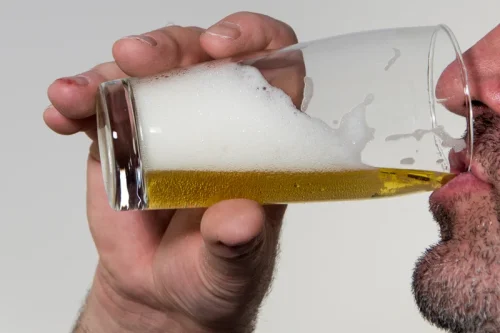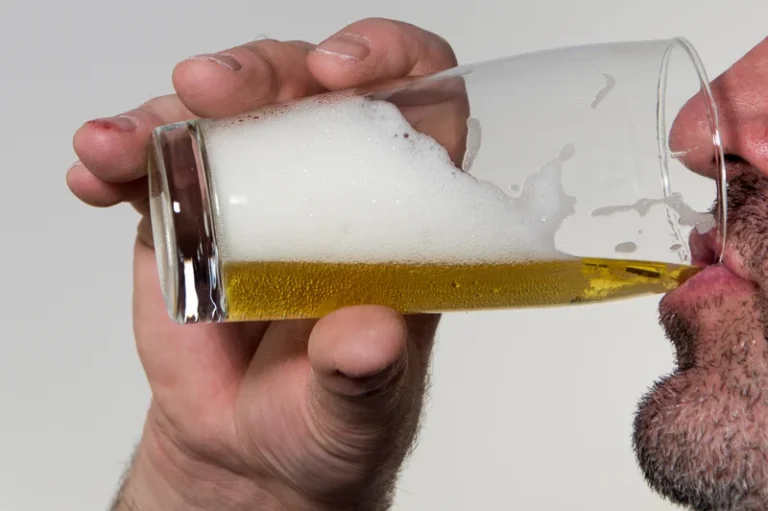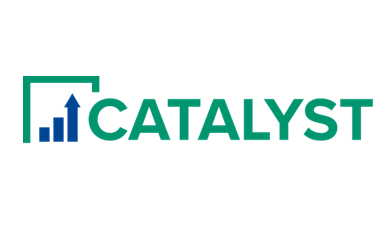
Meghan received her Master of Science in Physician Assistant Studies from Cornell University. She spent the majority of her career practicing Emergency Medicine prior to transitioning to Addiction Medicine. She is thrilled to be working at High Watch and thoroughly enjoys working with each guest to achieve better physical health. She has experience working in the mental health field since 2007 and joined High Watch as a 12-Step Coach in 2019. Her favorite pastimes include nature walks, baking, travel, performing in local community theatre productions, and spending time with family. Bronwyn lives in Kent with her loving husband and their two beautiful children.

The Top 10 Relapse Prevention Skills
- It’s crucial to have a plan in place for dealing with potential triggers, and to continually assess and adjust your plan as needed to stay on track toward long-term recovery.
- Stay connected with your support network through regular check-ins via phone calls, texts, or in-person meetings.
- Her main objectives as an HR professional are to propel the organization forward, inspire others, and achieve personal growth.
- Relapse is when a person goes back to using substances after trying to stop.
- He focuses primarily on spreading the word about High Watch’s 80 year history, its close ties to the Twelve Steps, and the tremendous work the High Watch family does every day.
- At Discover Recovery, our team of mental health professionals is highly experienced in helping people with challenging substance use disorders and multiple relapses.
This is part of our ongoing commitment to ensure FHE Health is trusted as a leader in mental health and addiction care. Visualizing the potential negative consequences of relapse can be a powerful deterrent. Try to imagine the bad things that could happen if your sobriety is compromised. Grounding techniques help you stay connected to the present moment, which is a big part of resisting the emotional strain of cravings.
Following Through with Treatment
You might specify a monthly review or revisit it after each experience of triggers and cravings. This can allow you to remove aspects that you feel are not helpful and add aspects that you think might benefit you in the future. These reviews can also remind you to check in with your goals and motivations for sobriety and monitor your progress. Recovered is not a medical, healthcare or therapeutic services provider and no medical,psychiatric, psychological or physical treatment or advice is being provided by Recovered. Ifyou are facing a medical emergency or considering suicide or self harm, please call 911immediately.
Manage Stress Levels
Think about what you felt before using it in the https://ecosoberhouse.com/ past and list these feelings. This might also include symptoms of any pre-existing mental health conditions, such as depression, anxiety, or trauma-related conditions. Relapse prevention is a set of skills and tools that can be used during addiction recovery to help manage triggers and avoid relapse. Recovery can be a long and challenging process for those who are overcoming addiction and can require constant awareness, support, and motivation. Staying engaged in your recovery is an ongoing commitment that requires dedication and effort.
Can you recover from relapse at any stage?

By implementing these tactics, you can increase your chances of maintaining sobriety and achieving long-term recovery. Learning and implementing effective stress management techniques is a vital aspect of relapse prevention. Techniques such as deep breathing, meditation, and mindfulness help individuals manage stress and stay calm. Practicing these techniques regularly can build resilience and improve emotional regulation, making it easier to handle life’s challenges without resorting to substance use.
- He received a BA in Psychology, certification in Drug and Alcohol Counseling, and a Master’s in Counselor Education with a focus in Clinical Mental Health.
- This might also include symptoms of any pre-existing mental health conditions, such as depression, anxiety, or trauma-related conditions.
- Donna brings extensive management and nursing experience to the High Watch clinical team.
- You can also reach out to them whenever you experience triggers or cravings.
- They may feel like some part of them wants to use drugs or alcohol while another part tries to fight these urges.
Ongoing Therapy and Self-Monitoring
Types of gratitude practices can include keeping a gratitude journal, expressing gratitude through acts of kindness or words of appreciation, or simply taking time to reflect on the positive aspects of life. It’s vital to prioritize self-care activities and make them a regular part of your routine. Self-care can also involve setting boundaries, saying no to activities or people that may be triggering, and being kind and patient with oneself.

Therapy helps to develop coping skills and replaces negative thinking patterns with healthier ones. These skills are vital in controlling the thoughts and emotions that trigger relapse. If someone is experiencing any of the three stages of relapse, they should be honest with their therapist and ask about other types of treatment if they feel the current therapy isn’t helping. Drug or alcohol relapse can occur for various reasons, including exposure to triggers, stress, and a lack of effective coping strategies. Understanding the distinct stages of relapse is crucial for individuals and their loved ones to recognize the warning signs and take action to prevent it from occurring. One essential aspect of long-term recovery is the development of a personalized relapse prevention plan.

Practicing and refining your coping skills over time is essential for long-term what is relapse, and give 3 skills for preventing it from happening. success. Keep in mind that constructing a robust support system is a continuous process. As you progress through your recovery journey, your support network may evolve and change. Regularly evaluate your support system and make adjustments as needed to ensure you have the resources and connections that best support your sobriety. With a strong support network by your side, you’ll have a better chance of overcoming challenges and staying on track.
How Does Mindfulness-Based Relapse Prevention (MBRP) Work?
Recognizing these emotions can help you seek other therapy or a recovery meeting if necessary. Because everyday life contains many triggers, relapse is common among people trying to get over their disorder. MBRP aims to increase your acceptance and tolerance of your physical, emotional, and mental states. This will decrease your need to use substances again to feel comfortable.
The Components of a Relapse Prevention Plan
The journey of addiction recovery is filled with ups and downs, challenges, and triumphs. One of the most critical aspects of this journey is relapse prevention, as it helps individuals maintain their hard-earned sobriety and continue on the path to a healthier, happier life. In this blog post, we will explore 10 proven strategies to prevent relapse, delve into each strategy’s importance, and provide practical tips on how to implement them in your life. By understanding and applying these strategies, you can increase your chances of long-lasting recovery and minimize the risk of relapse. This can include attending support group meetings, practicing self-care and healthy habits, seeking professional help when needed, avoiding high-risk situations, and engaging in therapy or counseling. Additionally, building a strong support network of family, friends, or other individuals in recovery can provide a sense of accountability and motivation.
